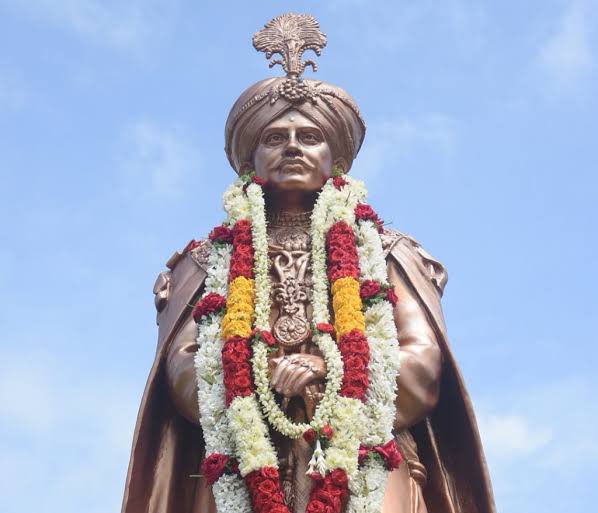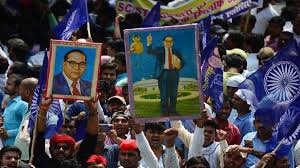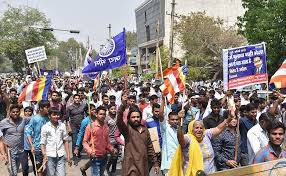How caste divides Indian cities. Thread🧵⬇️
- About 80 per cent of Rajkot’s localities have no Dalit (Scheduled caste) inhabitants.
- Around 60 per cent of Kolkata’s localities do not have a single Dalit resident.
- Around 20 per cent of Bengaluru’s colonies have no Dalit residents.
(Census 2011)
- Around 60 per cent of Kolkata’s localities do not have a single Dalit resident.
- Around 20 per cent of Bengaluru’s colonies have no Dalit residents.
(Census 2011)
These are some of the findings of a 2018 paper titled ‘Isolated by Caste: Neighbourhood-Scale Residential Segregation in Indian Metros’ published by the Indian Institute of Management Bangalore and authored by @nav_bharathi Deepak Malghan and Andaleeb Rahman.
This study is the first attempt to find out residential segregation on the basis of caste in Indian cities with enumeration block (EB) as a unit. Enumeration Block-level data collection is a novelty in the Census operation, as it was done for the first time in 2011. Earlier the… twitter.com/i/web/status/1…
The term ‘urban Indian’ is an oxymoron. There is nothing urban about us, and our modernity is hollow on most things that actually count. We carry our embryonic, primordial identities with us everywhere we go. It does not change even with our moving from rural settings to the most… twitter.com/i/web/status/1…
We easily accept that Indian cities are segregated on the basis of religion. We justify that people of different cultures living in different spaces is not a pathology, rather it is a natural way of living. Hindus and Muslims living in different colonies is justified on the basis… twitter.com/i/web/status/1…
This has shattered many myths and presuppositions about the process of modernity and urbanisation in India. Some of these myths are:
- With the advent of modernity and urbanisation, the caste system will wither away.
- Rural and uneducated folks are more casteist than the urban… twitter.com/i/web/status/1…
- With the advent of modernity and urbanisation, the caste system will wither away.
- Rural and uneducated folks are more casteist than the urban… twitter.com/i/web/status/1…
There are some supporting facts that also prove the hypothesis that the caste system can co-exist with modernity. One of the seminal studies in this field was done by Sukhadeo Thorat and Paul Attewell in 2007.
It demonstrated that if two CVs were sent to a prospective employer,… twitter.com/i/web/status/1…
It demonstrated that if two CVs were sent to a prospective employer,… twitter.com/i/web/status/1…
The other conundrum is that of how the system of segregation works in cities such as Kolkata where industrialisation was ushered in quite early and the city has a tradition of Left and socio-cultural reform movement.
Kolkata will be an interesting case study, given that the 2011… twitter.com/i/web/status/1…
Kolkata will be an interesting case study, given that the 2011… twitter.com/i/web/status/1…
Similarly, the exclusion of SCs from Gujarat’s urbanisation also warrants some serious research; we are fed with stories of only Hindu-Muslim divide there. It will be interesting to know why Gujarat’s cities are segregated more caste-wise.
• • •
Missing some Tweet in this thread? You can try to
force a refresh

 Read on Twitter
Read on Twitter




























